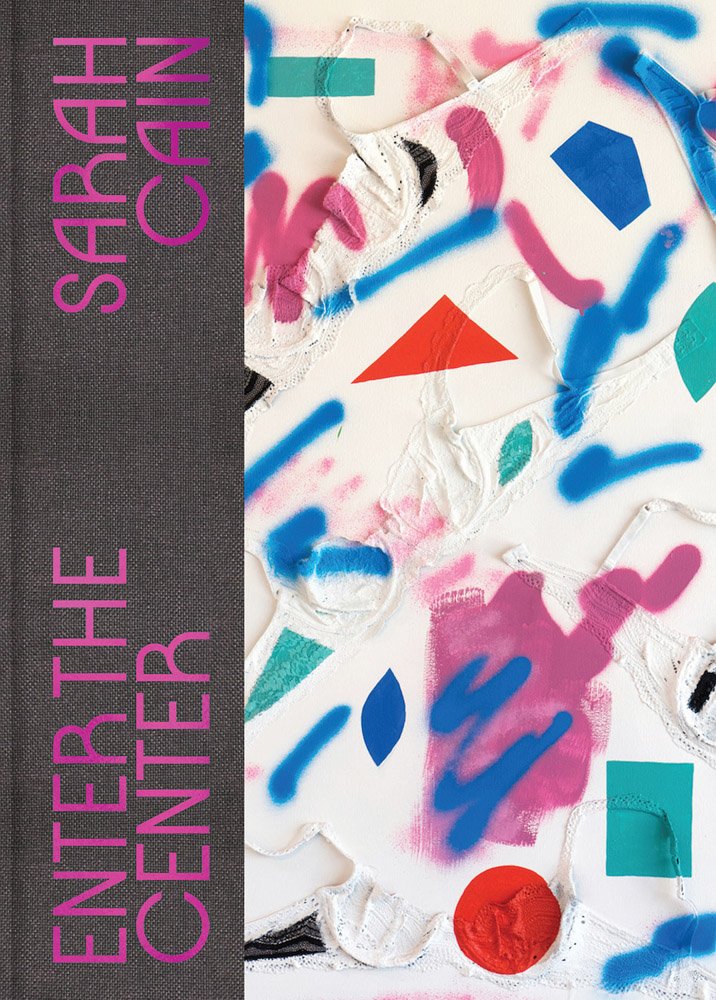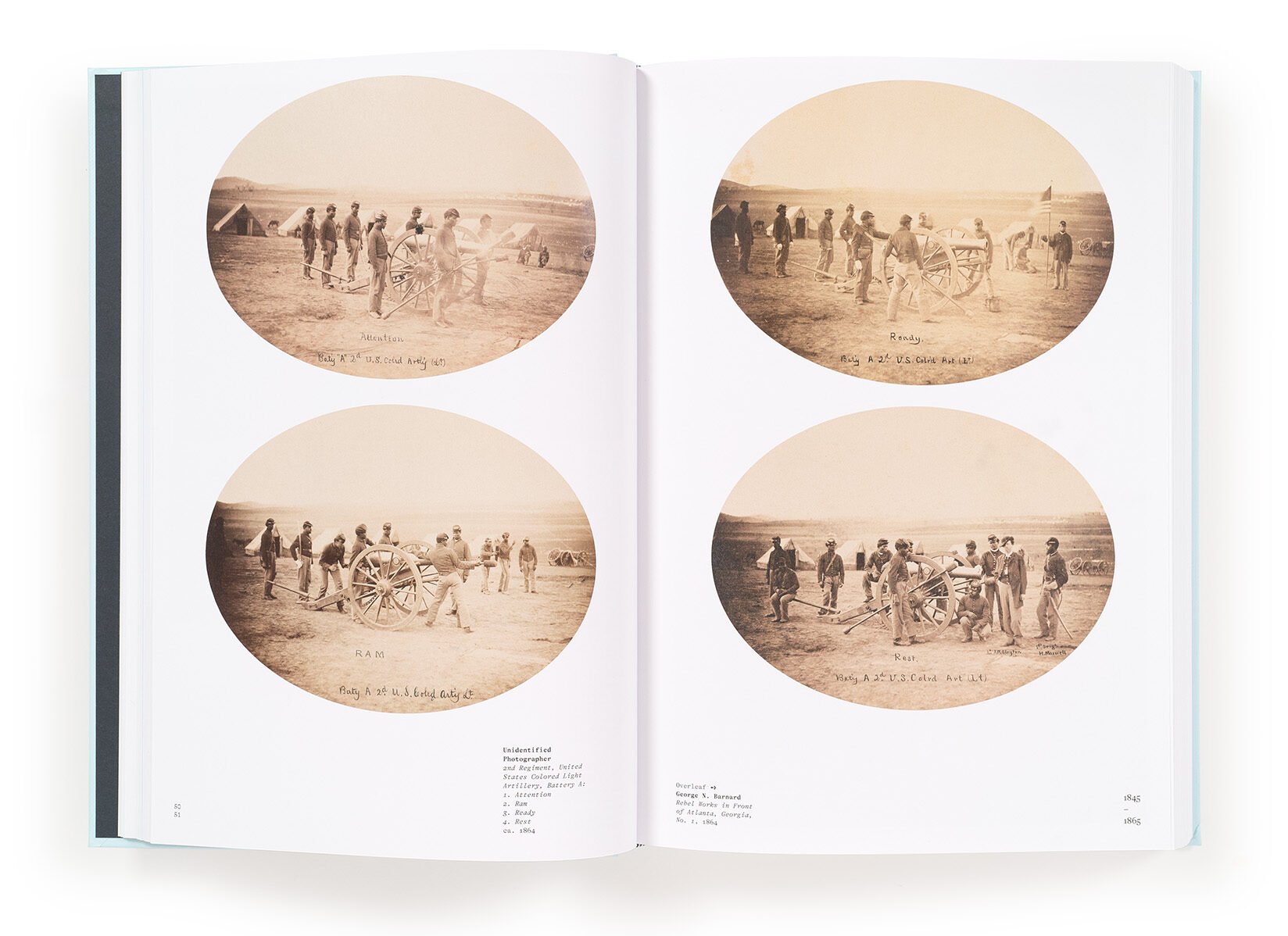Sarah Cain: Enter the Center
Los Angeles-based painter Sarah Cain (born 1979) works on canvases of all sizes, often modifying them by cutting and braiding, painting on all sides and installing the canvas with the back of the painting facing the viewer. She also paints on other surfaces, including interior and exterior walls, floors, furniture and dollar bills.
Cain's process often involves altering and disfiguring a composition until the original image is no longer recognizable. Her process of creation and destruction frequently includes found objects and is steeped in the history of painting and feminist art practices. Cain's work is a challenge to the patriarchal hierarchies of painting. "Almost everything about Cain's paintings—their speed, their brashness, their noodling compositions, their splashes and spray-painted scribbles, their tacky accouterments, their sense of absurdity—seems to undermine the gravitas that large-scale painting traditionally projects," wrote Jonathan Griffin, in the New York Times.
Sarah Cain: Enter the Center features new writings and previously unpublished photographs and documentation of dozens of artworks with a focus on the last decade of Cain's exuberant and unique paintings and installations.
Los Angeles-based painter Sarah Cain (born 1979) works on canvases of all sizes, often modifying them by cutting and braiding, painting on all sides and installing the canvas with the back of the painting facing the viewer. She also paints on other surfaces, including interior and exterior walls, floors, furniture and dollar bills.
Cain's process often involves altering and disfiguring a composition until the original image is no longer recognizable. Her process of creation and destruction frequently includes found objects and is steeped in the history of painting and feminist art practices. Cain's work is a challenge to the patriarchal hierarchies of painting. "Almost everything about Cain's paintings—their speed, their brashness, their noodling compositions, their splashes and spray-painted scribbles, their tacky accouterments, their sense of absurdity—seems to undermine the gravitas that large-scale painting traditionally projects," wrote Jonathan Griffin, in the New York Times.
Sarah Cain: Enter the Center features new writings and previously unpublished photographs and documentation of dozens of artworks with a focus on the last decade of Cain's exuberant and unique paintings and installations.
Los Angeles-based painter Sarah Cain (born 1979) works on canvases of all sizes, often modifying them by cutting and braiding, painting on all sides and installing the canvas with the back of the painting facing the viewer. She also paints on other surfaces, including interior and exterior walls, floors, furniture and dollar bills.
Cain's process often involves altering and disfiguring a composition until the original image is no longer recognizable. Her process of creation and destruction frequently includes found objects and is steeped in the history of painting and feminist art practices. Cain's work is a challenge to the patriarchal hierarchies of painting. "Almost everything about Cain's paintings—their speed, their brashness, their noodling compositions, their splashes and spray-painted scribbles, their tacky accouterments, their sense of absurdity—seems to undermine the gravitas that large-scale painting traditionally projects," wrote Jonathan Griffin, in the New York Times.
Sarah Cain: Enter the Center features new writings and previously unpublished photographs and documentation of dozens of artworks with a focus on the last decade of Cain's exuberant and unique paintings and installations.















